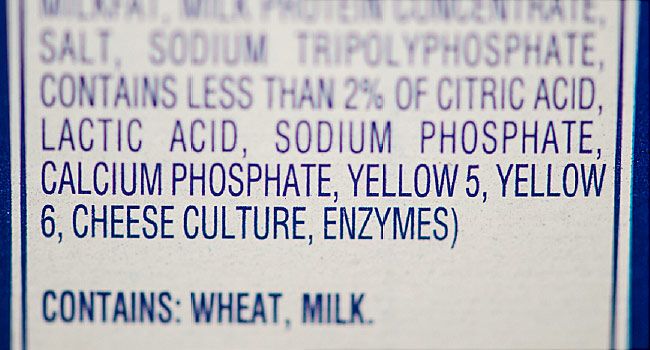Healthy Renal Diet Food Substitutes
As your Chronic Kidney Disease condition progresses, you may need to look for renal diet food substitutes to manage your disease and improve your lab results.
As a kidney patient, your food substitutes depend on your SPPP limits: sodium, protein, potassium, and phosphorus.
Keeping these nutrients within reasonable amounts will help ease up your kidneys' workload.
Below are renal diet food substitutes that you can follow:
Sodium Alternatives
There is a quick and easy way to control your sodium without having to replace foods: not using salt on your dishes.
You can replace salt on your dishes with certain herbs and spices; they enhance your food while keeping your sodium levels low. However, every herb and spice should be paired with the right ingredient to get the best results.
Find out more about these pairings in this article.
But for individual food items, here are some high-sodium foods and their low-sodium alternatives:
High Sodium Foods | Low Sodium Alternatives |
|---|---|
regular canned vegetables | low-sodium canned foods |
hot dogs and canned meat | fresh, cooked meat |
packaged noodles with sauce | plain noodles without sauce, hand-pulled noodles |
frozen vegetables with sauce | fresh vegetables, frozen vegetables without sauce |
canned soup | homemade soup with fresh ingredients |
snack foods | unsalted pretzels, unsalted popcorn |
Low Protein Options
There is some confusion when it comes to choosing limiting protein sources. One thing to remember, though, is this: you can control your protein intake by controlling your portions.
For example, milk has high-to-moderate protein and phosphorus content, but that doesn't mean that you'll have to totally swear away from milk. Unless your doctor and dietitian says otherwise, you can still drink milk in small amounts.
So instead of drinking 1 glass of milk, you can reduce it to 1/2 cup to avoid going over your nutrient limits.
That aside, below are some low-protein options you can go for.
High Protein Foods | Low Protein Options |
|---|---|
ground beef | beef (lean cuts, reduced portion), beef stew |
pork | chicken (reduced portion, no skin), eggs and egg substitutes, tofu |
halibut | tuna (fresh, reduced portion) |
shrimp, other seafood | imitation crab meat |
Potassium Substitutes
For your potassium needs, here is a list of some high- and low-potassium food items that might be in your pantry:
High Potassium Foods | Low Potassium Substitutes |
|---|---|
oranges, orange juice | |
apricots | cranberries, cranberry juice |
bananas | strawberries, blueberries, raspberries |
potatoes, sweet potatoes | cabbage |
tomatoes | pineapple |
cooked spinach | boiled cauliflower |
In addition, click here to find out how much potassium is in these food items.
Low Phosphorus Replacements
Phosphorus is not often shown in the Nutrition Facts section of food labels, but one way to limit that is to avoid foods with "phos-" ingredients, like monosodium phosphate or phosphoric acid.

Some alternatives to high-phosphorus products can be found below:
High Phosphorus Foods | Low Phosphorus Replacements |
|---|---|
8 oz milk | 8 oz non-dairy creamer or 4 oz milk |
cheese spread (processed) | 1/4 cup cottage or cream cheese |
bran cereal or granola | non-bran cereal, shredded wheat, rice cereals, cornflakes, cream of wheat, cream of rice |
bread (whole grain, 100% whole wheat, multi-grain, dark rye) | bread (white, 60% whole wheat, cracked wheat, light rye, sourdough) |
lima / pinto beans | mixed vegetables or green beans |
chocolate bars | hard / fruit-flavored candy, jelly beans |
Gradually switching to these renal diet food substitutes can significantly help your kidneys. The whole idea is to help your kidneys, in a way, recover from the stress of filtering the excessive amount of nutrients you've been taking before.
But of course, no matter the recommendations you've read here, it is still most important to consult your doctor and dietitian for professional help.
Nutrition for Advanced Chronic Kidney Disease in Adults - National Institute of Diabetes and Digestive and Kidney Diseases
